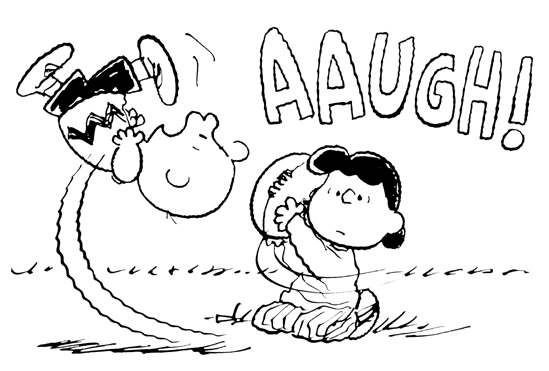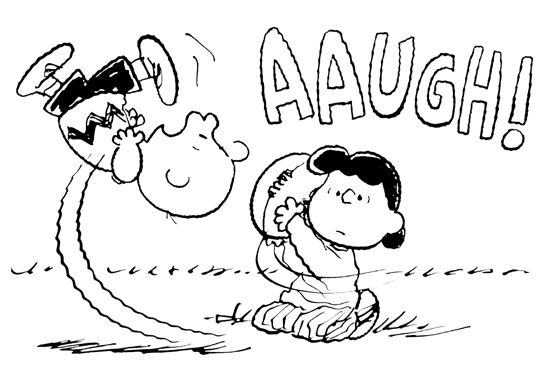 Poor Climate Brown: Still surprised every time it happens.Yes, yes, I promise this is my last post about Ryan Lizza’s New Yorker story on the climate fight.
Poor Climate Brown: Still surprised every time it happens.Yes, yes, I promise this is my last post about Ryan Lizza’s New Yorker story on the climate fight.
Much responsibility for the death of the climate bill can be laid at the feet of a terrible economy, united Republican obstructionism, and the procedural perversities of the Senate. But it must be acknowledged that the leadership of the Democratic Party did little to help the bill and much to hurt it. Once it was clear that health-care reform had eaten up most of the available time and political will, party leaders treated the climate bill with a mixture of indifference, carelessness, and outright hostility. In the end, only the progressive caucus and a few idiosyncratic individual senators were ever really behind it.
White House Chief of Staff Rahm Emanuel made it clear early on that “if there weren’t 60 votes to pass the bill in the Senate, the White House would not expend much effort on the matter.” And so the administration sat passively by and waited for 60 votes to be dropped in their laps.
“It’s a drum circle,” one Senate aide lamented. “[White House representatives] come by, ‘How are you feeling? Where do you think the votes are? What do you think we should do?’ It’s never ‘Here’s the plan, here’s what we’re doing.'”
Later Senate Majority Leader Harry Reid (D-Nev.) would tell the bill’s sponsors virtually the same thing: Find the votes and I’ll advance the bill. In effect, two of the left’s most powerful generals told the bill’s supporters to go ahead and win the war, at which point they would stride out on the field. It was always an absurd demand. House Speaker Nancy Pelosi (D-Calif.) didn’t have the votes before she pushed the House climate bill; she got the votes by putting the bill on the floor and whipping for it. She committed. Nobody with any real pull ever did the same for the Senate bill. It was a clear signal to on-the-fence moderates and Republicans that the bill wouldn’t get serious institutional support.
And there were other signals. In February, the administration’s proposed budget included a ton of new nuclear loan guarantees, which took away one of Kerry-Graham-Lieberman’s biggest bargaining chips. Later that month, the EPA agreed to delay carbon regulations until 2011, which took away another of KGL’s bargaining chips. Then, in March, right in the midst of KGL’s intense negotiation with oil companies, the administration abruptly announced expanded offshore drilling — without even telling the bill’s sponsors that it was coming! That deprived them of another of their main bargaining chips, leaving them with virtually none.
Obama’s political operation is many things, but it’s not stupid or grossly incompetent. Maybe it would inadvertently screw KGL once, but by the third time it’s pretty obviously advertent. To emphasize the point, Rahm called Reid and advised him to scale the bill down. The White House clearly didn’t see any upside to the fight and wanted to avoid it.
All that sent a none-to-subtle message to Graham that the White House wasn’t committed. Then, just to accentuate the point, the administration leaked to Fox that KGL was considering a “gas tax,” an episode of outright ratf*cking that still hasn’t gotten the attention and outrage it deserves. Whatever the motivation — and it’s really hard to see how something like that could happen without Rahm knowing — it could not have been more damaging or infuriating for Graham. He almost bolted at that point. Then, just as he was being tenuously coaxed back in the fold, Reid came out and said he was going to do immigration first — without, apparently, warning the White House or KGL! Best-case scenario, that was just incompetence and poor coordination. But that’s hardly exculpatory, is it?
So there we have about three months of insults and sabotage directed toward the Senate bill by Democratic Party leadership. It was either deliberate or the result of incompetence — on neither interpretation do Obama and Reid come out looking good.
While this went on, the “moderates” with all the real power in the party sat back and sniped. Senate Energy Committee Chair Jeff Bingaman (D-N.M.) could have lent his weight to the bill, but he chose instead to spend his time talking to reporters about the bill’s dim prospects and the enduring mystery of where anyone could find 60 votes. Behind the scenes, he undermined the very notion of a comprehensive bill and pushed for his weak-tea energy bill. Without a signal from someone like Bingaman or Sen. Max Baucus (D-Mont.), none of the other Midwestern Dems were going to get behind the bill in earnest.
Boxer. Kerry. Lieberman. Graham. This wasn’t exactly Rommel in the desert. Or even Ted Kennedy in the cloakroom. These are not master strategists or miracle workers. To get anywhere, they needed the help of the party bigwigs, and they never got it. Again, it’s fashionable to say the bill “never had a chance” in the Senate, but that just lets everyone off the hook. Obama, Reid, and Bingaman all could have played this differently. They didn’t have to leave KGL swinging in the wind. They didn’t have to play it safe the way scorekeeping tabloid pundits urge them to. They made decisions; they chose not to stick their necks out. History, if not Politico, will judge them for it.



